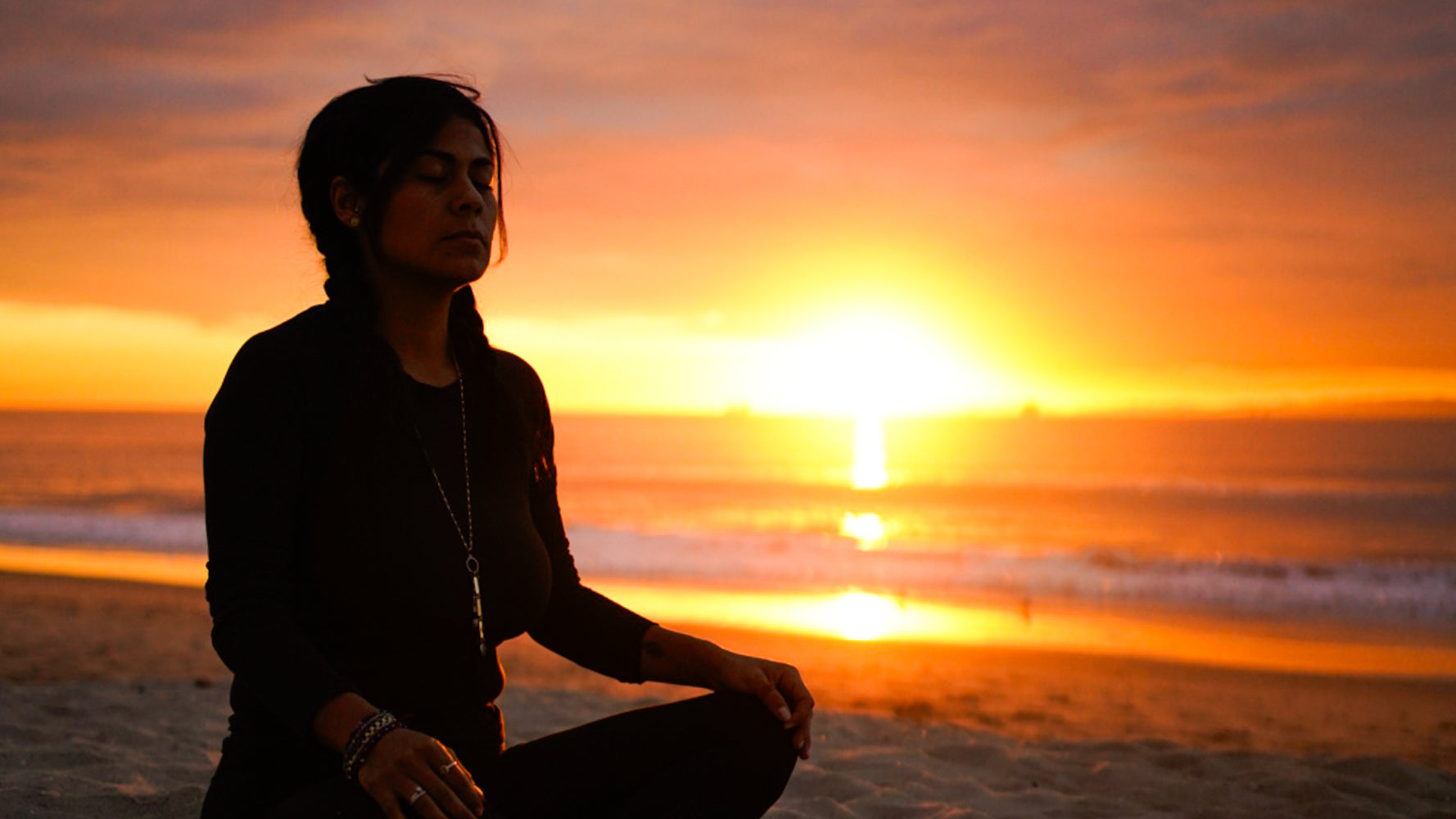In reality, meditation is simple, practical, and can be immensely beneficial for your mental and physical well-being.
Meditation has become a popular practice, but many still feel uncertain about how to start. The process can seem intimidating, especially when you think of monks sitting in silence or misconceptions about meditation being deeply tied to religious rituals. In reality, meditation is simple, practical, and can be immensely beneficial for your mental and physical well-being. This guide will break down the basics of meditation and show you how to integrate it into your life, regardless of your background or experience level.
Why Should You Meditate?
Meditation isn’t just for spiritual gurus or religious practitioners. It’s a powerful tool for everyone to combat daily stress, anxiety, and even depression. By training your mind to stay in the present moment, you’ll find that meditation can help you move away from worrying about the future or dwelling on the past. Here are some of the main benefits of regular meditation:
- Increased calmness and clarity
- Improved focus and concentration
- Reduced feelings of stress and anxiety
- Better sleep and overall well-being
One of the most common misconceptions about meditation is that it’s time-consuming or difficult. The truth is that just 10 to 15 minutes a day can bring noticeable benefits. It’s about developing a practice that fits your life, not forcing yourself to follow a strict regimen.
How to Start Meditating
Meditation is a straightforward practice, but there are some foundational steps to help you get started:
- Be open and patient: The first and most important step is being open to the experience and patient with yourself. Meditation takes practice, and the results aren’t always immediate, but with time, you’ll start to notice changes in your mindset and energy levels.
- Carve out 10-15 minutes a day: Set aside time each day where you can be alone and in a quiet space. You don’t need hours; just 10-15 minutes will do when just starting out. This commitment allows your mind to settle and eventually reach a place of calm.
- Get comfortable: Find a quiet, comfortable place where you can sit without distractions. While you don’t have to sit cross-legged on the floor, you should choose a position that prevents you from falling asleep.
- Focus on your breathing: Begin by closing your eyes and taking deep breaths. Visualize your lungs filling up from the bottom to the top. You can count to four as you inhale and exhale, which helps keep your focus on your breath.
Common Challenges and How to Overcome Them
A helpful analogy is that of a glass of murky water: if you let it sit, the dirt will settle and the water will become clear. Meditation works the same way—eventually, your mind will calm, and you’ll experience greater clarity and peace.
Starting a meditation practice can feel difficult, especially when your mind wanders or you don’t immediately experience results. Here are a few common challenges and how to deal with them:
Your mind won’t stop racing
It’s normal for your brain to be filled with thoughts when you start meditating. Many people think they’ve failed when their mind wanders, but this is part of the process. Instead of fighting your thoughts, allow them to come and go without judgment. Imagine each thought as a bird flying by—watch it, but don’t try to catch it. If you find yourself distracted by your thoughts, gently bring your focus back to your breathing. Over time, you’ll notice the mind chatter becomes less intense, and you can enjoy moments of stillness.
You fall asleep
Falling asleep during meditation is another common issue, especially if you’re very relaxed. To avoid this, try sitting up straight with your back supported, but not so comfortably that you drift off. If you do fall asleep, don’t beat yourself up—this just means your body needed rest. As you continue practicing, you’ll find a balance between relaxation and alertness.
You don’t see results
Just like going to the gym, the benefits of meditation aren’t immediate. You won’t experience dramatic changes after your first few sessions, but with consistent practice, you’ll notice improvements over time. A helpful analogy is that of a glass of murky water: if you let it sit, the dirt will settle and the water will become clear. Meditation works the same way—eventually, your mind will calm, and you’ll experience greater clarity and peace.
Tips for Deepening Your Meditation Practice
Once you’ve gotten into a routine, you can experiment with different techniques to enhance your practice:- Body Scanning: As you meditate, slowly bring your awareness to different parts of your body, from your toes to the top of your head. This helps you stay present and release any tension you might be holding.
- Visualization: Visualizing a peaceful place, like a beach or a forest, can help calm your mind and deepen your relaxation.
- Use affirmations or mantras: Repeating positive affirmations or mantras (such as "I am calm" or "I am present") can reinforce the benefits of meditation and help you stay focused.
Conclusion - Meditation as a Tool for Everyday Life
By training your mind to stay in the present moment, you can break free from the cycles of stress, anxiety, and overthinking.
Meditation is a simple, practical tool that anyone can use to improve their well-being. By training your mind to stay in the present moment, you can break free from the cycles of stress, anxiety, and overthinking. Whether you’re a complete beginner or someone looking to deepen your practice, the key is to be patient, stay consistent, and let go of expectations. As you continue your meditation journey, you’ll start to notice improvements not only in your mental clarity and emotional balance but also in your ability to handle life’s challenges with calm and grace. So, carve out a few minutes each day, sit in a quiet space, and give meditation a try. The benefits are truly life-changing.









Leave a comment
All comments are moderated before being published.
This site is protected by hCaptcha and the hCaptcha Privacy Policy and Terms of Service apply.